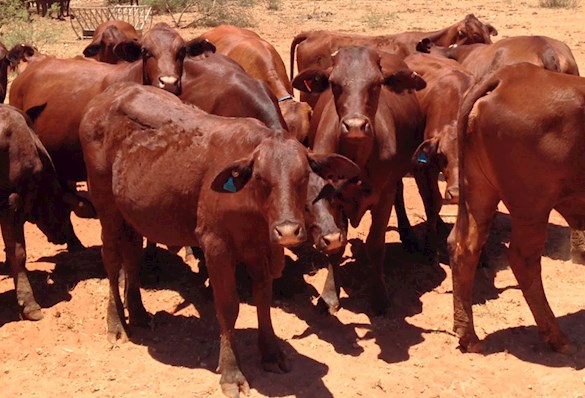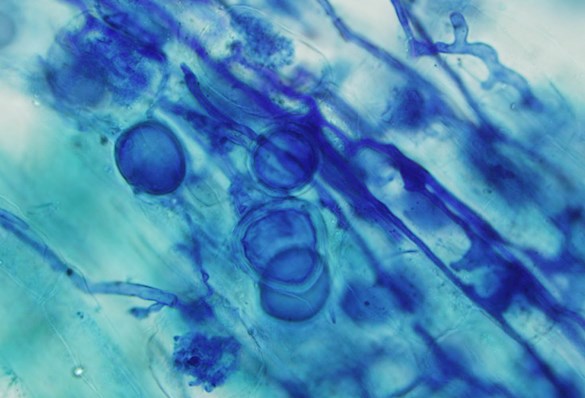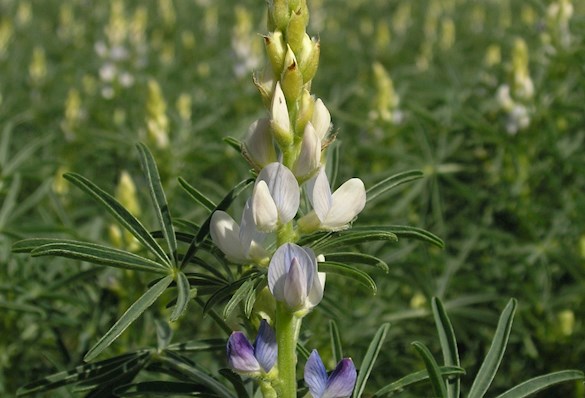
PROJECT
Unravelling the secrets of the rhizosphere
Exploring root-soil-microbe interactions and nutrient dynamics for improving nutrient acquisition efficiency and adaptation to environmental stress.
The rhizosphere is a place for complex plant-soil-microbe interactions. Phosphate (Pi) is one of the most important limiting nutrients for crop growth and production with dominant roles in metabolism. Plant acquisition of soil Pi largely depends on vigorous root proliferation (root system architecture) to accelerate soil exploration, and on chemical (root exudate) and biological (microbiome) modifications of the rhizosphere to enhance Pi bioavailability. The rhizosphere microbiome plays a vital role in Pi mineralisation and is crucial for plant health.
This project will explore recently developed non-destructive imaging, isotope, and metabolism techniques to track rhizosphere interactions and nutrient dynamics from macroscale to nanoscale levels for improving crop nutrient use efficiency, adaptation to abiotic stress and crop production.
It will aim to determine how root system architecture, root exudates and rhizosphere microbiome interact together in mediating Pi mobilisation and dynamics from macroscale to nanoscale levels.
To meet this objective, 2D elemental and isotopic information (NanoSIMS) with 3D structural information (Focused ion beam-scanning electron microscopy-FIB-SEM) will be used to highlight biogeochemical interfaces and processes in the rhizosphere.
This Fellowship will develop NanoSIMS techniques to image Pi mobilisation in the rhizosphere interfaces along the root axis, mycorrhizal hyphae and non-mycorrhizal microbes.
Project goals:
- Map root growth and spatial and temporal dynamics of rhizosphere exudation using root phenotyping platforms;
- Determine how root architecture and exudates shape rhizosphere microbiome and microbial interactions;
- Trace phosphate mineralisation and mobilisation in the rhizosphere interfaces along the root axis and microbes.
Suggested readings
- Bilyera et al., 2022. Co-localised phosphorus mobilization processes in the rhizosphere of field-grown maize jointly contribute to plant nutrition. Soil Biology and Biochemistry, v.165, no.1, pp 108487.
- Chen et al., 2013. Modelling root plasticity and response of narrow-leafed lupin to heterogeneous phosphorus supply. Plant and Soil, v.372, no. 1, pp 319-337.
- Ham et al., 2018. Insights into plant phosphate sensing and signaling. Current Opinion in Biotechnology, v.49, no. 1, pp 1-9.
- Jones et al., 2013. Competition between plant and bacterial cells at the microscale regulates the dynamics of nitrogen acquisition in wheat (Triticum aestivum). New Phytologist, v.200, no. 3, pp 796-807.
- Keyes et al., 2022. Multimodal correlative imaging and modelling of phosphorus uptake from soil by hyphae of mycorrhizal fungi. New Phytologist, v.234, no. 2, pp 688-703.
Research team leader: Yinglong Chen
I am a Future Fellow and Research Professor focusing on root system architecture, root functions and rhizosphere interactions. I developed a novel phenotyping platform for characterising root architecture in world germplasms of major food crops. My research in root-soil interactions and root responses to environmental stress and underpinning mechanisms has resulted in over 200 publications with extensive international collaborations.
Funding and Collaborations
Funding:
- This project is supported by the Australian Research Council (ARC), with a funding contribution of $786,690. (FT210100902). Read more about this here.
How to Apply
Check criteria
- To be accepted into the Doctor of Philosophy, an applicant must demonstrate they have sufficient background experience in independent supervised research to successfully complete, and provide evidence of English language proficiency
- Interested applicants should have completed a research Master (Honours) in agriculture, biological science, soil science, microbiology, or related discipline. Knowledge of root-soil interactions, microbiology and isotopic imaging is desirable.
Submit enquiry to research team leader
- Contact the research team leader by submitting an Expression of Interest form via the button below.
- After you have discussed your project with the research team leader, contact [email protected] to proceed with your application.
Scholarships
- Scholarships specific to this project
-
- The Australian Research Council (ARC) and The University of Western Australia provide scholarships for two PhD positions, with living allowance of $30,000 per annum for a maximum 3.5 years. Both domestic and international applicants are welcome to apply.
- Domestic students
-
All domestic students may apply for Research Training Program and University Postgraduate Awards (UPA) scholarships
- International students
-
A range of scholarships are available from international organisations and governments. The full list, organised by country, is available on the Future Students website.
In addition, all international students may apply for International Research Training Program scholarships.
- Indigenous students
- Indigenous students are encouraged to apply for Indigenous Postgraduate Research Supplementary Scholarships.
- Forrest Foundation scholarships
- All international and Australian students who wish to study towards the degree of Doctor of Philosophy (PhD) at The University of Western Australia may apply for Forrest Scholarships.








































